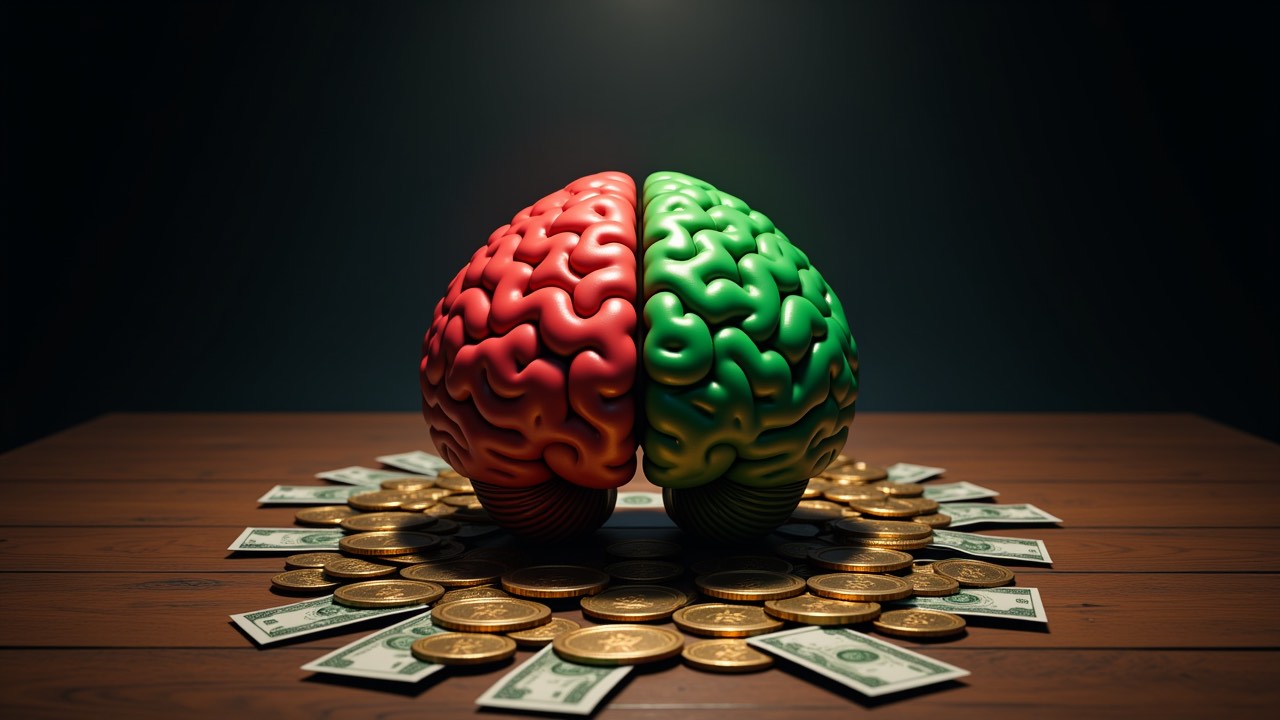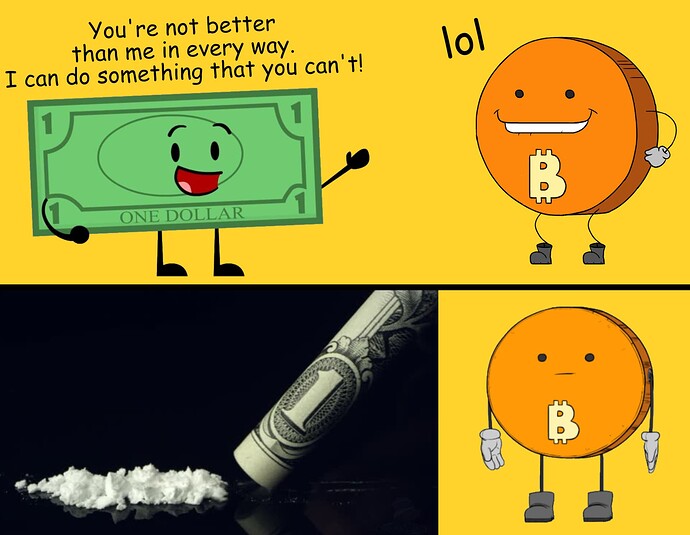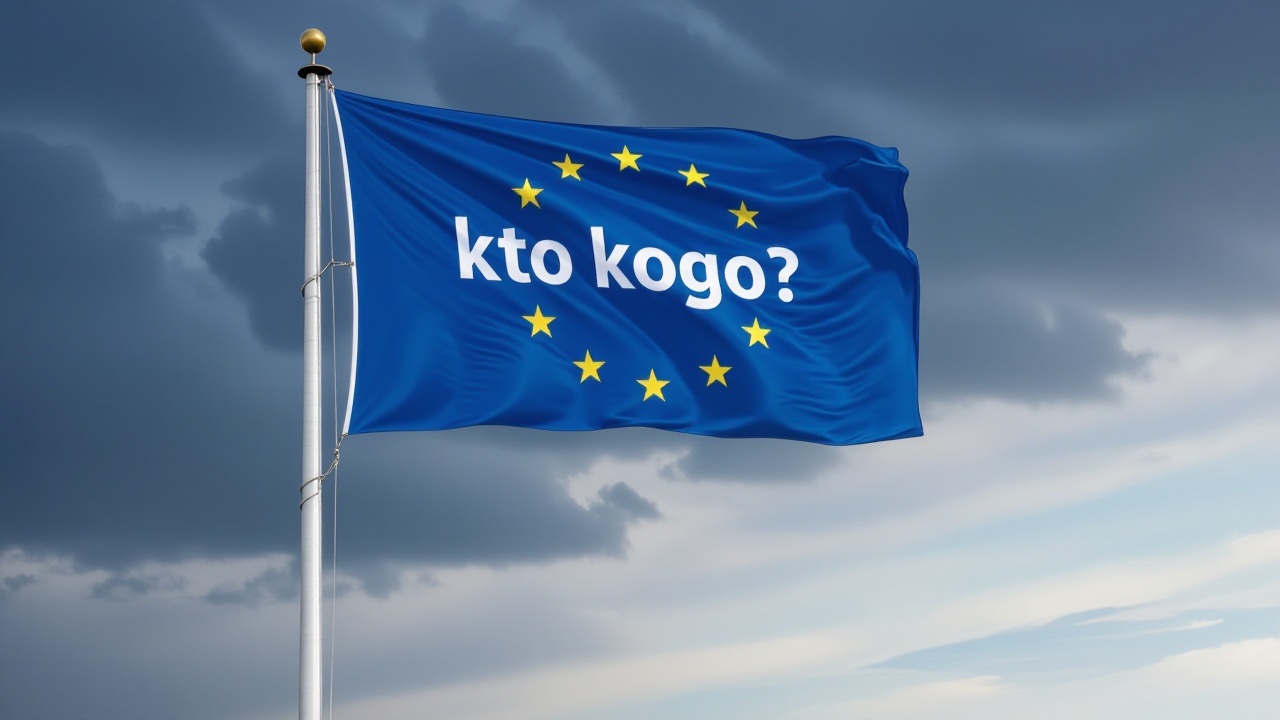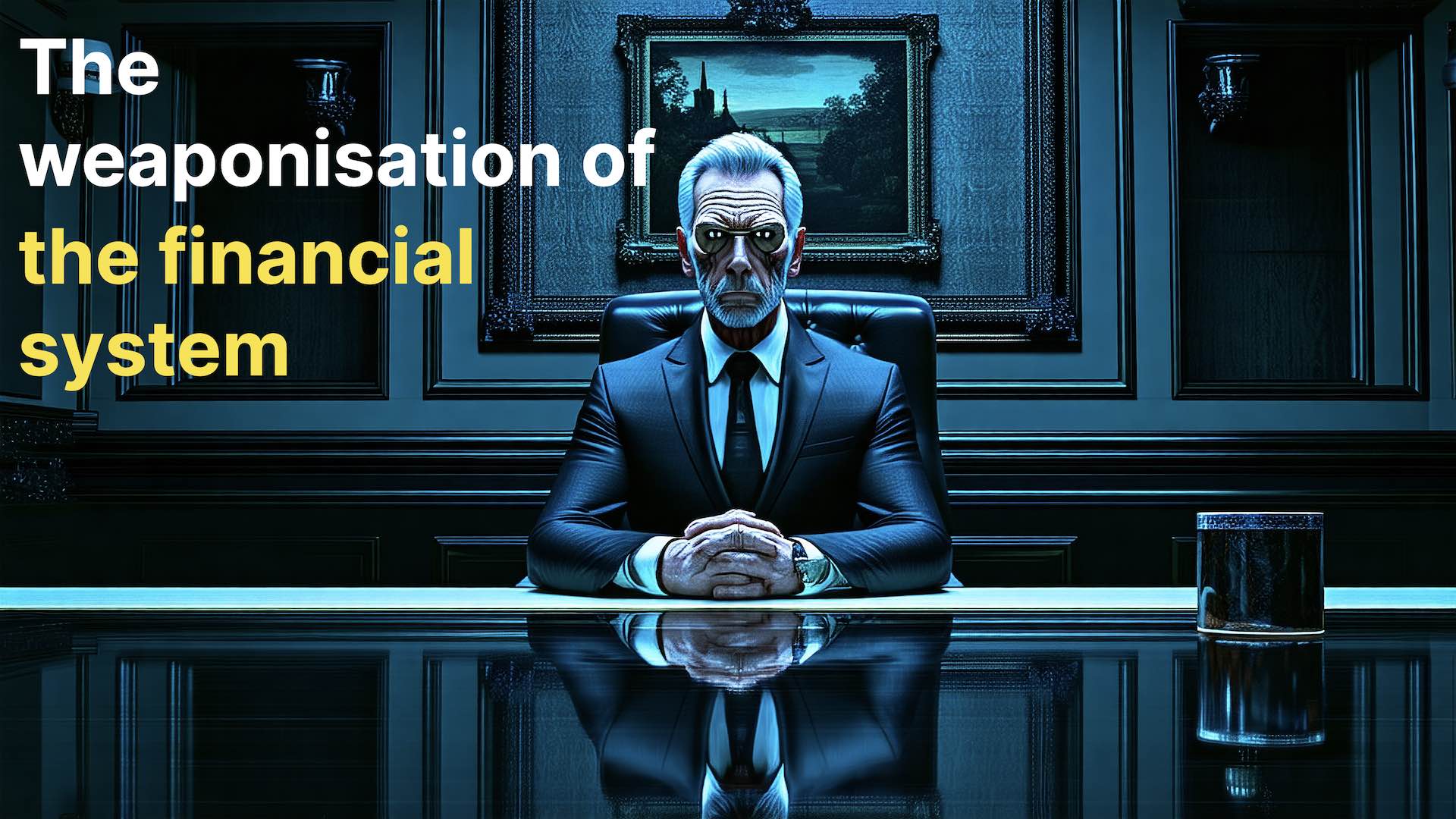
When Control Becomes Pathological
- Martin Enlund
- 2/10/25
The risks associated with cryptocurrencies have recently received attention in the media, where e.g. the Swedish Financial Supervisory Authority warns of the high volatility and risk of investments in crypto. Within the EU, as usual, significant efforts are being made to expand the already extensive regulatory framework. Meanwhile, in the US, there has been a marked turnaround. Even the presidential family has launched their own cryptocurrencies, resulting in criticism from industry experts .

The Boiling Frog
- Martin Enlund
- 9/26/24
The boiling frog is a simple tale that illustrates the danger of gradual change: if you put a frog in boiling water, it will quickly jump out to escape the heat. But if you place a frog in warm water and gradually increase the temperature, it won’t notice the change and will eventually cook itself. Might the decline in cash usage be construed as an example of this tale?

Make money real again!
- Martin Enlund
- 6/19/24
Why is counterfeiting problematic? Most respondents to such a question would likely come up with the following answers: 1) it could undermine trust in the financial system, 2) counterfeit money could fund criminal activities, 3) counterfeit money could cause inflation. Historically, inflation referred to an increase in the money supply, unlike today when economists and lexicographers have re-defined it to mean rising prices). However, these answers may overlook the bigger picture.

Central bankers talk the talk, but fail to walk the walk
- Martin Enlund
- 4/8/24
Trust is a topic increasingly being discussed. Whether it is trust in each other, in the media, or in our authorities, trust is generally seen as a cornerstone of a strong and well-functioning society. The topic was also the theme of the World Economic Forum at its annual meeting in Davos earlier this year. Even among central bank economists, the subject is becoming more prevalent. Last year, Agustín Carstens, head of the BIS (“the central bank of central banks”), said that “[w]ith trust, the public will be more willing to accept actions that involve short-term costs in exchange for long-term benefits” and that “trust is vital for policy effectiveness”.

The colour of the cat doesn't matter
- Martin Enlund
- 3/31/24
Jerome Powell, Chairman of the US Federal Reserve, stated during a hearing in March that the central bank has no plans to introduce a central bank digital currency (CBDCs) or consider it necessary at present. He said this even though the material Fed staff presents to Congress suggests otherwise - that CBDCs are described as one of the Fed’s key duties.

Bitcoin and the waterwheel
- Martin Enlund
- 3/31/24
Biologist Stuart Kauffman introduced the concept of the “adjacent possible” in evolutionary biology in 1996. A bacterium cannot suddenly transform into a flamingo; rather, it must rely on small exploratory changes (of the “adjacent possible”) if it is ever to become a beautiful pink flying creature. The same principle applies to human societies, all of which exemplify complex systems. It is indeed challenging to transform shivering cave-dwellers into a space travelers without numerous intermediate steps.

Pride comes before a fall
- Martin Enlund
- 3/31/24
The Governor of the Swedish Central Bank, Erik Thedéen, recently expressed significant skepticism about Bitcoin and cryptocurrencies as a phenomenon, dismissing Bitcoin as “an instrument for pure speculation.” He also pointed out that if there is no possibility to expose oneself to Bitcoin in the Swedish financial system, it might end up “more in criminal hands.” The European Central Bank is on the same track. In a recent blog post, they amused themselves by comparing Bitcoin ETFs to “the Emperor’s new clothes.”

KYC is the real terror
- Martin Enlund
- 3/21/24
It has become increasingly evident that our financial system has started undermine our constitutionally guaranteed freedoms and rights. Payment giants like PayPal, Mastercard, and Visa sometimes block the ability to donate money. Individuals, companies, and associations lose bank accounts — or struggle to open new ones. In bank offices, people nowadays risk undergoing something resembling being cross-examined. The regulations are becoming so cumbersome that their mere presence risks tarnishing the banks’ reputation.
You will have no freedom, and be happy
- Martin Enlund
- 2/5/23
Did you know that the Riksbank, the Swedish central bank, decided last year to burn 2.6 million kronor (Swedish currency) in cash that was found in a deceased person’s estate? That the central bank confiscated half a million kronor from a 95-year-old woman? That bank customers - individuals and businesses - are being de-platformed from banking services after trading in cryptocurrencies, that a major bank closed the account of a Swedish journalist last year, or that British banks are denying their customers the ability to transfer their own money to cryptocurrency exchanges?

CBDCs - utopia, dystopia, or both?
- Martin Enlund
- 11/17/22
“What is going on!?” my three-year-old exlaimed at the breakfast table the other day. And it’s indeed a valid question. Energy and food prices have been skyrocketing, yet another epidemic (monkeypox) has recently appeared to be spreading - at least it was declared a global emergency this past summer, and the world’s central bankers are changing their minds so quickly one suspects that they might soon land on their buttocks (perhaps in butter).

Is fiat money really money?
- Martin Enlund
- 11/7/22
Truth be told, investing legend Hugh Hendry had a point when he recently said that “central bankers don’t understand money, they only pretend”. But before we merely assign blame to this modern clergy of ours, one might as well note that few of us actually seem to understand money.




